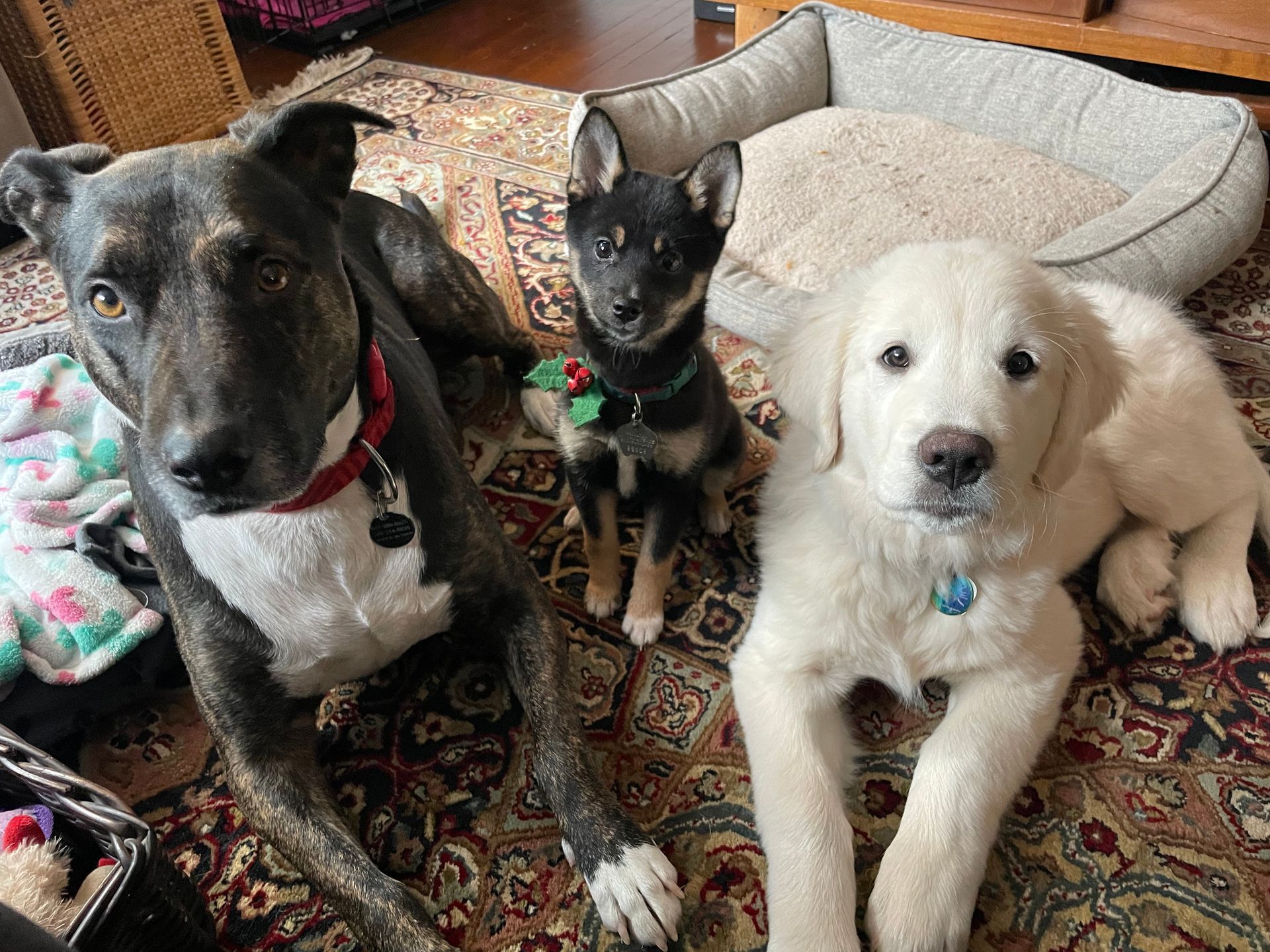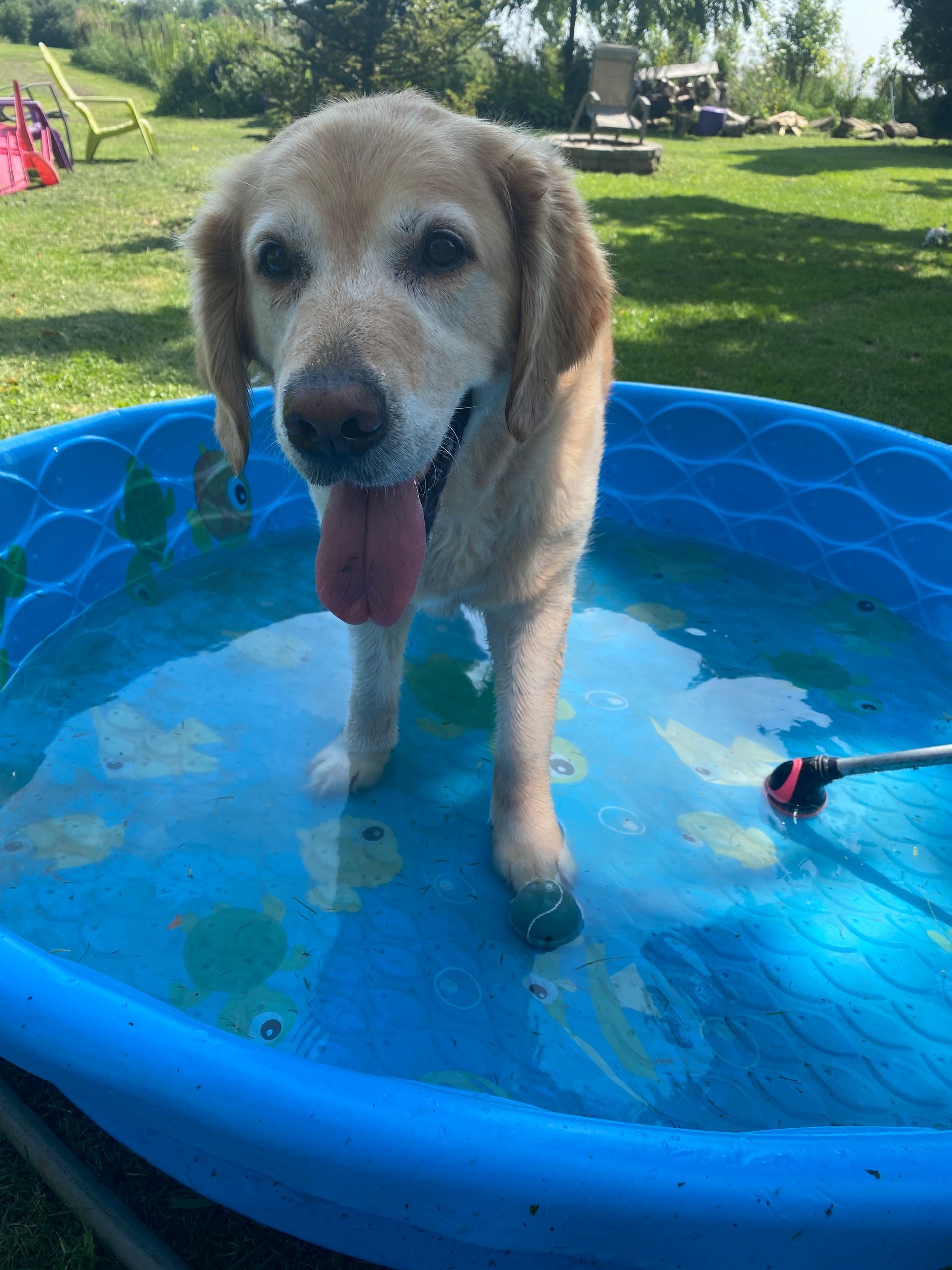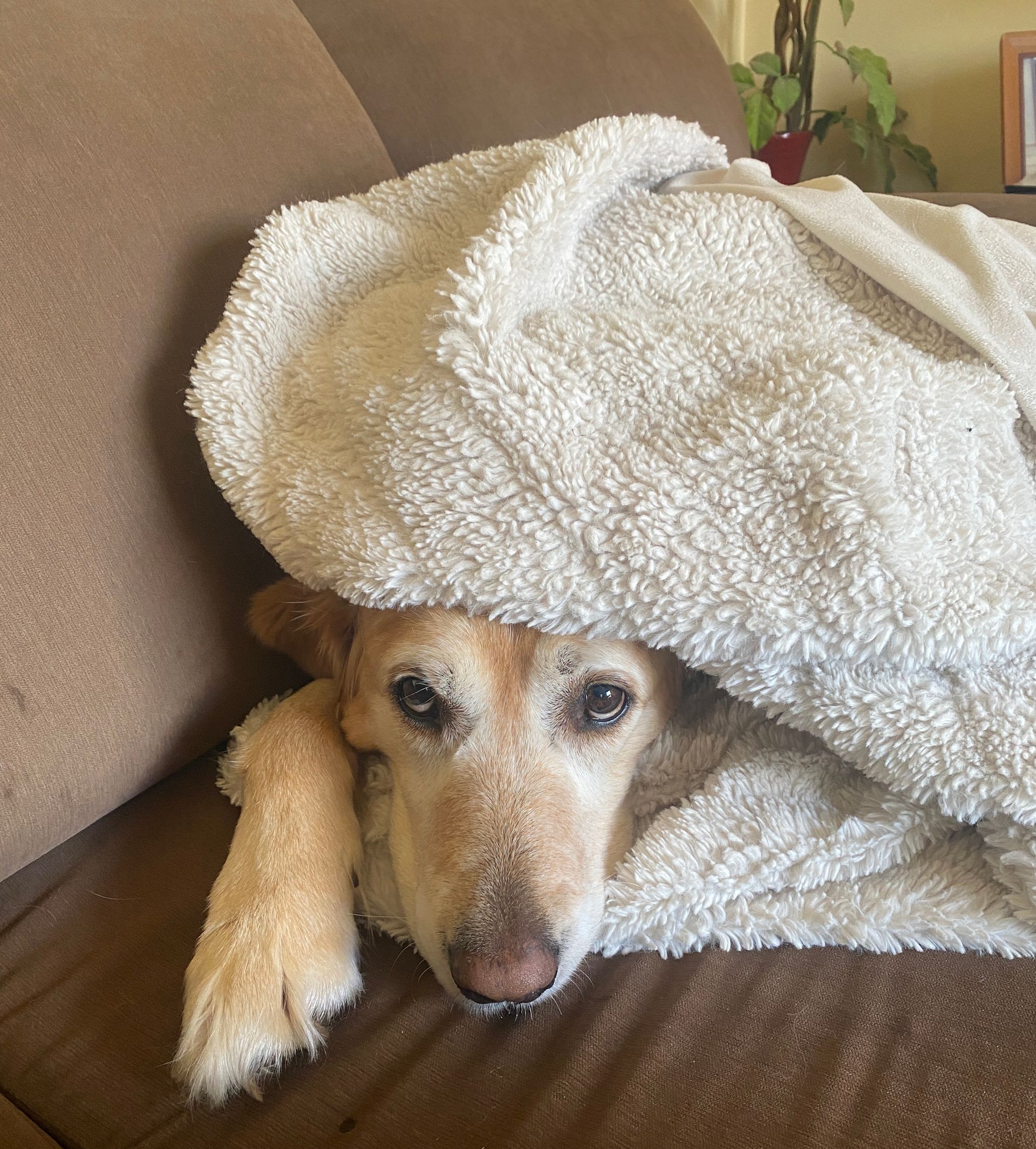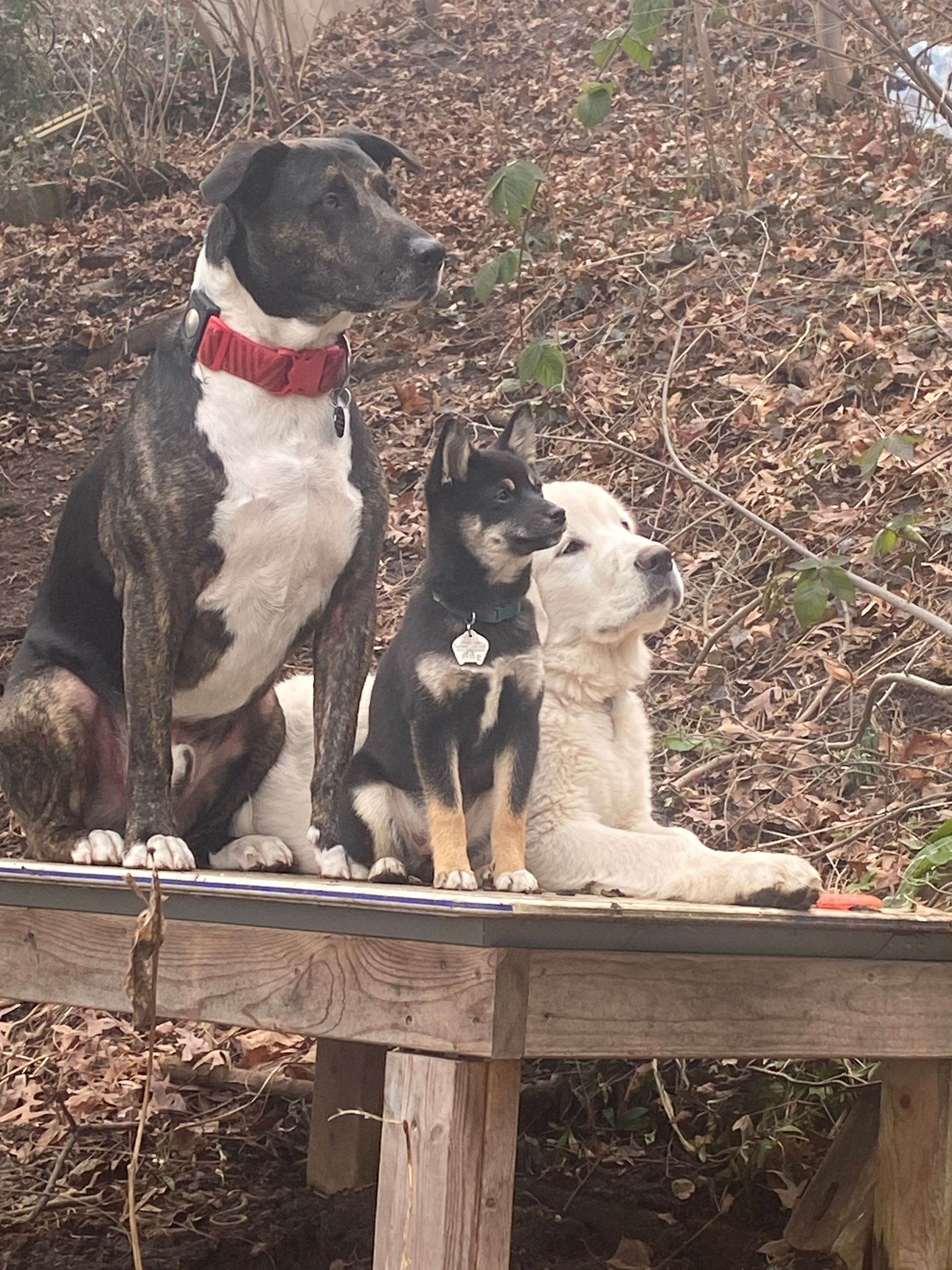Games 4 Dogs
How Socialization Can Change Your Dog's Life
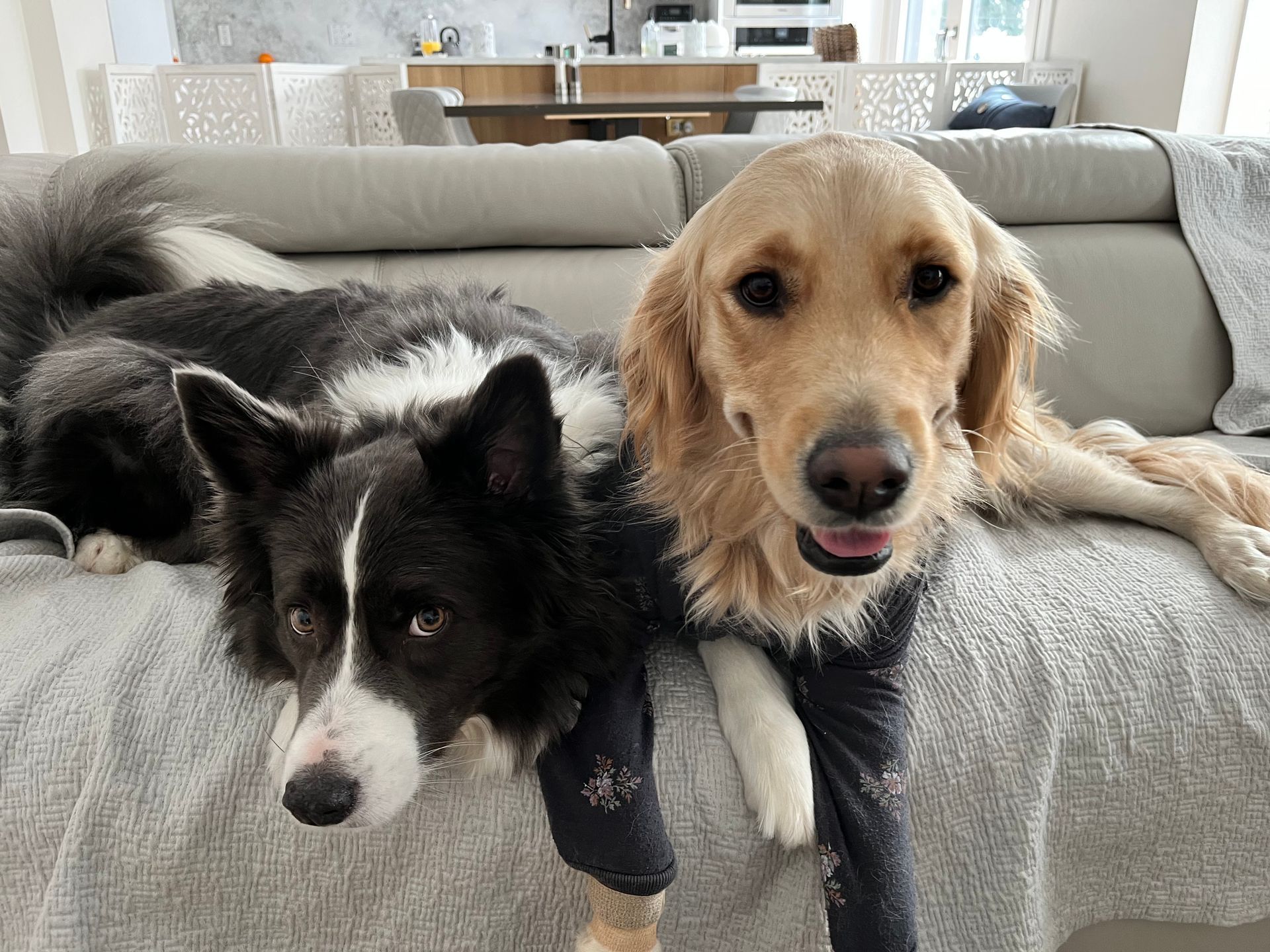
Dog socialization refers to the process of exposing a dog to a variety of people, animals, environments, and experiences in a positive and controlled manner. This helps the dog develop appropriate social skills and behaviour, which in turn helps them become well-adjusted and confident companions. There are several compelling reasons why dog socialization is critically important in raising a great companion dog
- Reduces fear and anxiety: Socialization is necessary to reduce anxiety and fear in dogs. Proper socialization is essential for reducing anxiety and fear in dogs. Without it, dogs may exhibit unpredictable anxious or fearful behaviours, such as barking outbursts when meeting new people or growling at strangers walking by the window. Over time, this can lead to more serious issues such as leash reactivity, destructive chewing, excessive barking, and separation anxiety. Additionally, dogs may become reactive and lunge toward other dogs out of fear, making walks and outings unpleasant for both the dog and owner. However, by gradually introducing dogs to new experiences in a positive and controlled manner, owners can help their dogs develop appropriate social skills and behaviour, preventing problem behaviours and improving their overall quality of life.
- Builds confidence: One of the key benefits of socialization is that it helps dogs build confidence and self-esteem. This is particularly important for rescued or adult dogs who may have missed out on socialization as puppies. By exposing these dogs to new experiences in a controlled and positive way, owners can help them learn that new places are not scary! Setting up short practice scenarios that expose a fearful dog to new things slowly are remarkably helpful. For example, taking a dog to a new but quiet park is a wonderful opportunity for learning. Inviting a dog loving friend over for an in home visit is a great opportunity for learning too. Introducing them to a new people in their home helps them build confidence and reduce their anxiety of strangers. Overtime, the dog learns new skills and tolerances so they become more self-assured and less likely to be scared or nervous in the future. This can help prevent problem behaviours such as barking, growling, or hiding, and improve pup’s overall quality of life. It also means the pup can go more places with their family if desired. Confident dogs are more likely to be well-adjusted companions, as they are better equipped to handle the stresses and challenges of living in a human world.
- Improves social skills: Socialization is critical in improving a dog's social skills and interactions with people, other dogs, and other animals. Well-socialized dogs are more confident and less likely to feel threatened or intimidated in social situations. They can communicate their needs and intentions better, reducing the risk of miscommunication or conflicts with other dogs. Socialization can also help dogs develop positive associations with people and other animals, leading to stronger bonds and more enriching relationships.
- Dog Happiness: Well-socialized dogs are also happier and less stressed, which can lead to a better quality of life for both the dog and their owner. Dogs that are well-socialized are more likely to enjoy new experiences and have a more fulfilling life. They can participate in activities such as hiking, visiting dog-friendly cafes, or attending obedience classes with their owners, which can strengthen the bond between them and provide important mental and physical stimulation.
Socialization is crucial for all dogs, but the timing of socialization efforts is important. Those puppies that are lucky enough to be adopted in a well informed home get to experience a socialization window between 3 to 14 weeks old, during which they are most receptive to new experiences and can easily learn to adapt to different situations. Unlucky puppies that misses out on socialization during this window, may struggle with fear, anxiety, or aggression later if they don’t find a family that understands that older dogs can be socialized too. Although it’s true that rescued dogs who are older may have missed out on socialization during their critical period and may be more challenging to socialize, it's never too late to start socializing an older dog. With patience and positive reinforcement, any dogs can learn to be well-adjusted companions.




